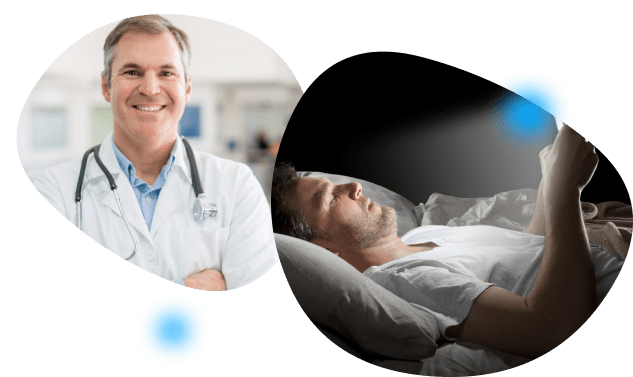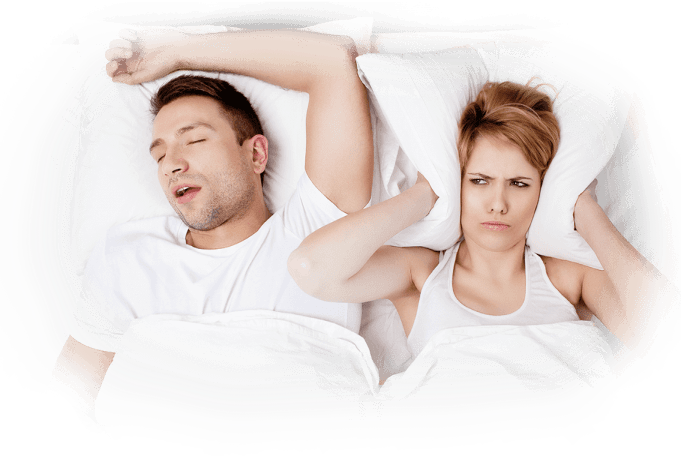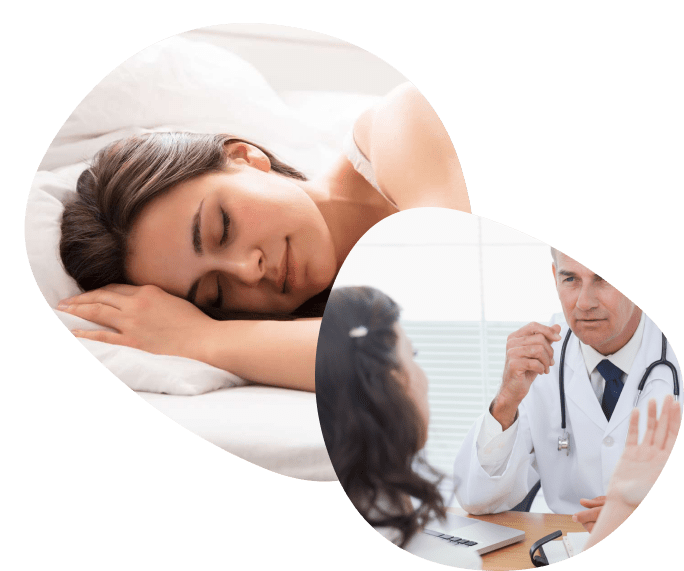Sleep disorders are a group of conditions that can impact the quality, timing, and duration of sleep. They can affect individuals in various ways, including causing difficulties in falling asleep, staying asleep, or achieving restorative sleep. Sleep disorders significantly affect physical health, mental well-being, daytime functioning, and overall quality of life.
In addition, sleep disorders can negatively impact various aspects of life, including cognitive function, mood regulation, overall physical health, and interpersonal relationships. They can lead to increased risks of accidents, decreased work or academic performance, and reduced efficiency. Seeking medical evaluation and treatment at a sleep disorder center with healthcare providers experienced in sleep medicine are available to manage sleep disorders effectively.





